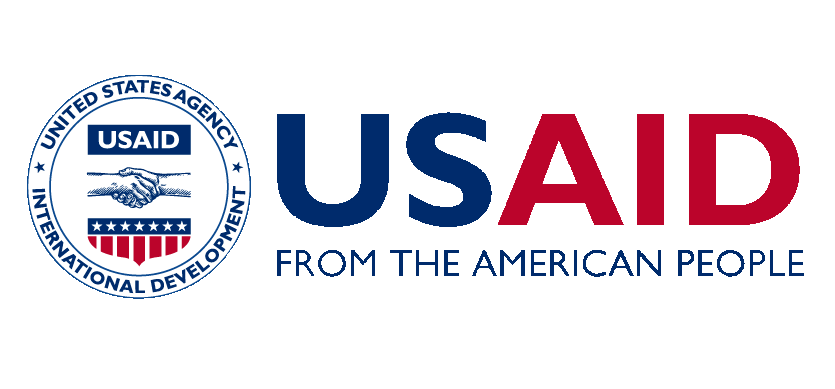In Sub-Saharan Africa, more than 240 million people lack adequate food for a healthy, active lifestyle. This policy brief examines trends in population growth, fertility, and family planning in sub-Saharan Africa and makes the case that investments in women and family planning are necessary to fulfill future food needs. Food security and nutrition advocates must add their voices to support investments in women and girls and voluntary family planning as essential complements to agriculture and food policy solutions.
Year: 2012
Source: Population Reference Bureau


